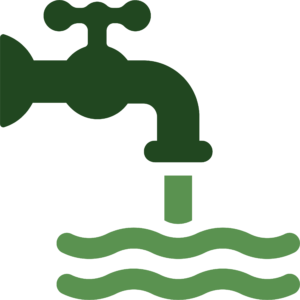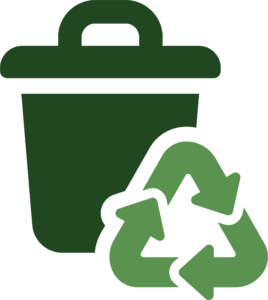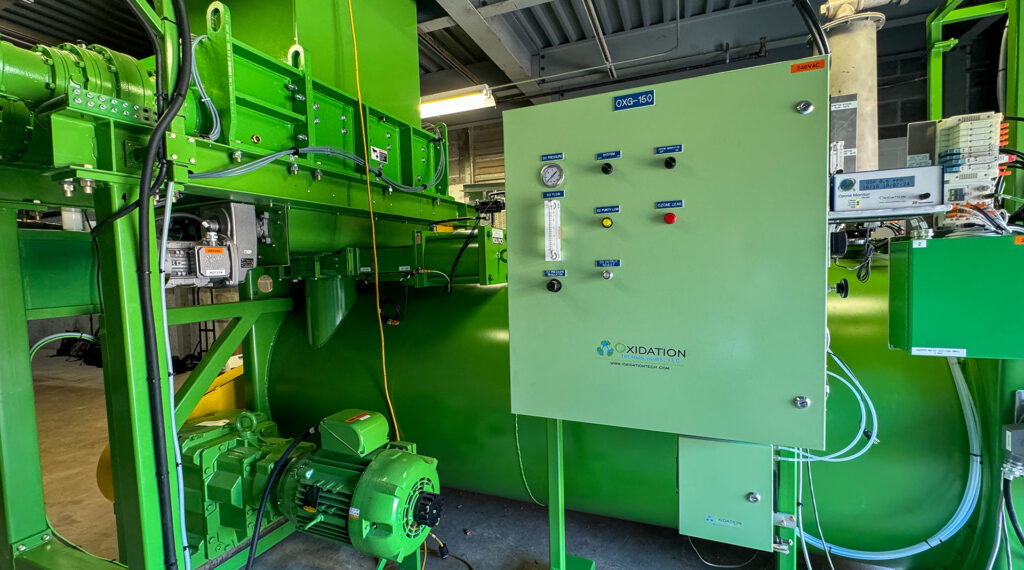Your Guide to the Joint Commission’s Sustainable Healthcare Certification
The healthcare sector is responsible for 10% of U.S. greenhouse gas emissions, a Congressional report found, and U.S. hospitals produce six million tons of waste annually, according to MedPage Today. The Joint Commission’s Sustainable Healthcare Certification (SHC) aims to help healthcare organizations reduce greenhouse gas emissions and improve environmental sustainability.
Here’s a closer look at why this certification matters and how healthcare professionals can earn it.
What is the Joint Commission’s Sustainable Healthcare Certification?
The Joint Commission’s Sustainable Healthcare Certification encourages healthcare organizations to adopt environmentally responsible practices. This voluntary certification was introduced in January 2024 to enhance the sustainability of healthcare operations, improve patient outcomes, reduce costs and contribute to community wellbeing.
Like other Joint Commission certifications, it requires healthcare organizations to follow evidence-based practices.
The link between sustainability and health outcomes is becoming more widely accepted. According to the American Hospital Association, environmental factors contribute to chronic diseases, including asthma and cancer. The AHA has committed to helping its members — more than 5,000 health systems and hospitals — by outlining guidelines to get started.
A 2023 study of healthcare systems by the Commonwealth Fund found four in five believe it’s important for their hospital to address climate change with sustainability programs.
Patients are also increasingly concerned about healthcare sustainability.
Research by Cleanlink shows 94% of patients say sustainability matters when choosing a provider. Efforts to create hospital sustainability have evolved since then, as has the public’s perception of the importance of these efforts. Today, there is a growing push to incentivize health systems to undertake climate mitigation initiatives, from reducing energy consumption to implementing greener waste disposal practices.
Sustainable Healthcare Certification Program Objectives
The Joint Commission’s Sustainable Healthcare Certification incentivizes hospitals to decrease waste and reduce their carbon footprint through several key objectives:
- Reducing the environmental impact of healthcare facilities by reducing medical waste
- Promoting resource efficiency, encouraging the efficient use of energy, water, and materials
- Enhancing the health and wellbeing of patients, staff and the broader community by fostering healthier environments
- Encouraging healthcare leadership to adopt renewable energy infrastructure projects and other innovative strategies
Criteria for Achieving Sustainability Certification
The Joint Commission evaluates health systems based on several criteria categorized into key areas. To achieve certification, they must demonstrate competency in these areas:
 Leadership and Governance
Leadership and Governance
Hospitals and health systems must maintain a comprehensive sustainability policy. They must demonstrate leadership’s active involvement in promoting and implementing sustainable practices. Staff must also be engaged, ensuring that all levels of the organization align with their sustainability goals.
 Energy Management
Energy Management
The Commission evaluates how organizations use renewable resources and their ability to monitor and consistently report energy consumption and savings.
 Water Management
Water Management
Healthcare facilities must implement measures to reduce water consumption and effectively manage wastewater. Regular monitoring and reporting are essential to ensure that the organization continually improves its water management practices.
 Waste Management
Waste Management
Strategies to minimize waste generation are evaluated, along with the implementation of comprehensive recycling programs for various types of waste. Safe handling and disposal of hazardous waste ensures the safety of staff, patients and the environment.
 Sustainable Procurement
Sustainable Procurement
The Joint Commission evaluates healthcare facilities on procurement of environmentally friendly products and materials. It’s crucial to engage with suppliers to promote sustainable practices and consider products’ environmental impact throughout their lifecycle.
 Indoor Environmental Quality
Indoor Environmental Quality
The Commission evaluates whether the facility offers patients and staff a healthy and safe environment. Critical factors include:
- Steps to ensuring good indoor air quality
- Using energy-efficient and health-promoting lighting systems
- Using non-toxic and sustainable materials in construction and furnishings
Partner with WasteMedX to Achieve Your Sustainability Goals
The Joint Commission’s Sustainable Healthcare Certification is a significant step toward promoting environmental responsibility in the healthcare sector. Waste disposal is a critical component of the certification process. Effective waste management practices are essential to minimizing healthcare facilities’ ecological footprint.
By adhering to stringent waste disposal standards, the healthcare sector can significantly reduce pollution and contribute to a cleaner, safer environment, aligning with the certification’s goals of promoting sustainability and resource efficiency.
WasteMedX partners with healthcare providers to implement a more sustainable, eco-friendly waste disposal process. Our technology treats red bag waste, sharps, trace chemo, and more, dramatically reducing our client’s disposal costs. As healthcare leaders work toward reducing their carbon footprint and improving energy efficiency, WasteMedX helps them achieve the cleaner waste disposal required for the Joint Commission Sustainable Healthcare Certification.
Are you interested in cutting your greenhouse gas emissions by 50%?
Contact WasteMedX today for a consultation.







